Umesh Chaturvedi is the newly elected President of Delhi Journalists Association (DJA). A veteran journalist and columnist, who has worked for various mainstream media houses like Amar Ujala, Dainik Bhaskar, Zee News, India TV, and Sakal, is now a consultant in Prasar Bharati. Umesh shares his vision to T.I.W on how he is poised to bring transformation in the Indian media ecosystem & restore journalistic ethics and work towards the welfare of journalists’ fraternity.
#1. What new would you like to bring to the table?
My priority is to restore the faith of society on media, which has been losing its sheen. The working environment in media has been deteriorated since 1995 when some media houses started recruiting on contractual role, which further weakened the Wage Board provisions. Since then, the editorial supremacy in media started waning and the management consistently entered the decision-making process in media houses while jeopardising the journalistic ethics and pushing the paradigm of hire and fire on their discretion without understanding the dynamism of journalistic relevance. I want to safeguard the credibility of journalism and enrich the standard of journalism in India.
#2. What are your demands for journalists?
As journalists are integral part of a democratic setup, it’s essential for the central /state governments to bring in social security for the journalists who have been paying a significant period of their life into this profession for safeguarding the democratic principles in the country. Moreover, healthcare facility is only available to the accredited journalists; however, the non-accredited journalists despite their contribution to journalism have no such facility. I would urge the government to provide healthcare facility for all journalists across the board. The reason being recently many corona warrior journalists lost their lives. Because of our association’s relentless efforts, the families of 67 journalists got a compensation of Rs. 5 lakh each.
All associations have their own buildings in the capital; however, journalists have no such facility in Delhi. I would urge the centra/state government to establish a Patrakar Bhawan with latest digital equipment, library, and other amenities to empower journalists leverage it for their professional needs.
#3. What’s you take on paid and fake news?
News channels and portals in India are run by Shop & Establishment Act. There is no proper guideline for governing this segment of news. Moreover, there is also no proper guideline for the remuneration of journalists, which sometimes compel them to involve in the dispensation of such news. There is no legal entity in the country to govern the entire media sector. The last Press Commission was constituted in 1978. It’s almost four decades since then and there are lot of changes in the media; however, there is no such legal authority to oversee the holistic operations of media sector. I would strongly urge to the government to set up the 3rd Press Commission with proper legal authority to deal with the nuances of all forms of media including print, electronic, and digital.
#4. What’s your views on media education in India?
Media education is not standardised in India. Any institute can start a course in media and create their own course format to attract youth by showing them rosy prospects of this profession and mint money. This must be controlled immediately. There should be standardisation of media courses for undergraduate and post-graduate studies and the curriculum should be decided by a centralised body, as it’s done in other professions.


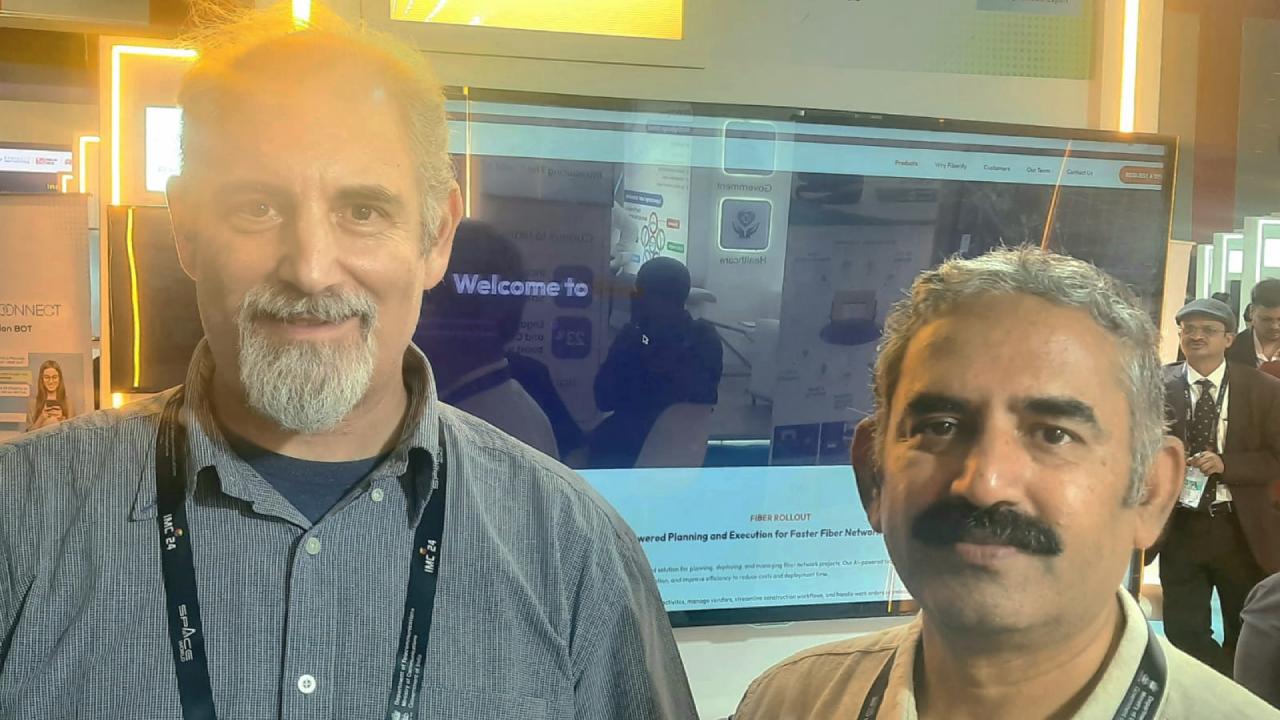
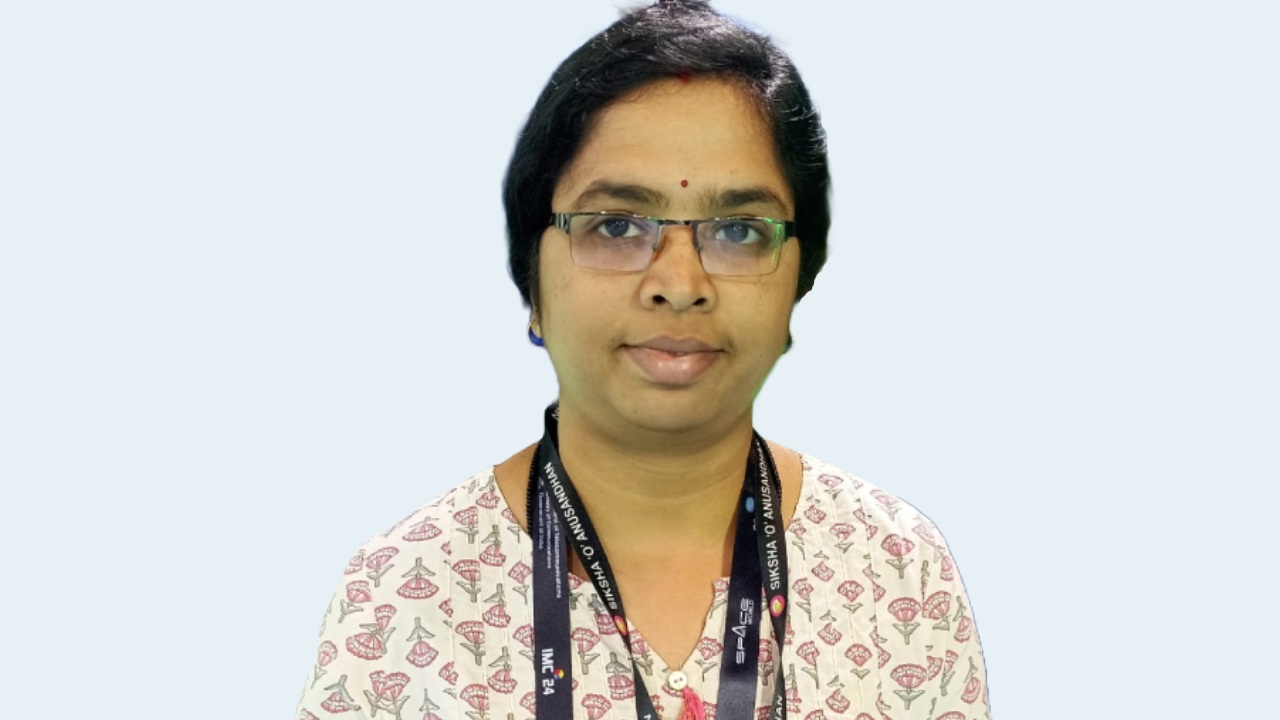
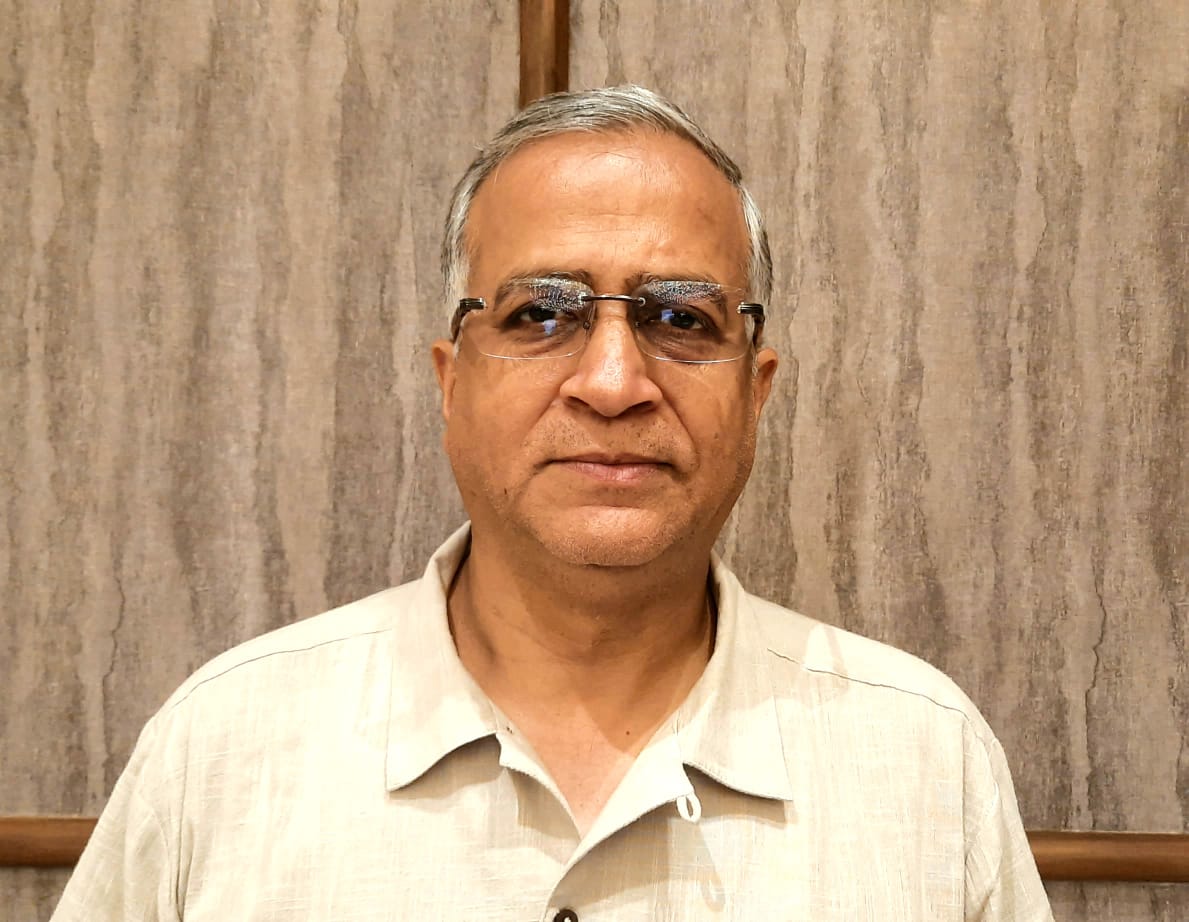
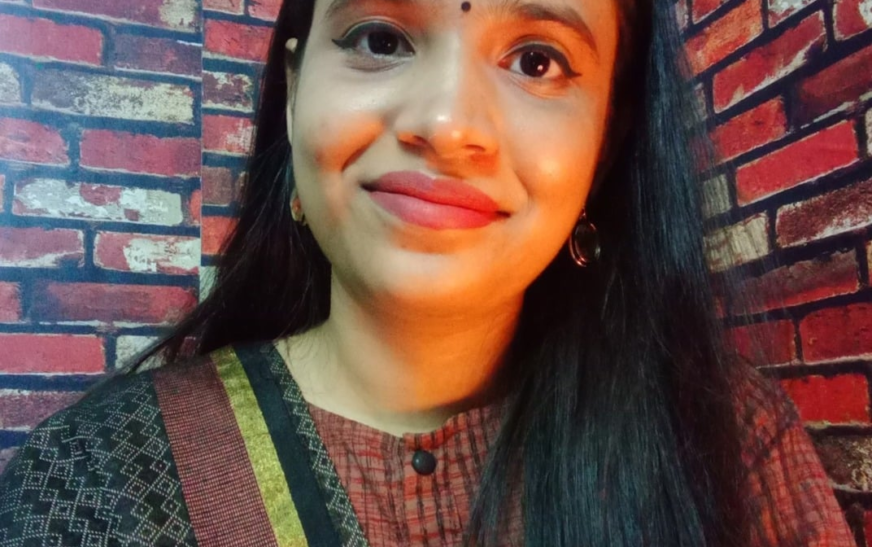

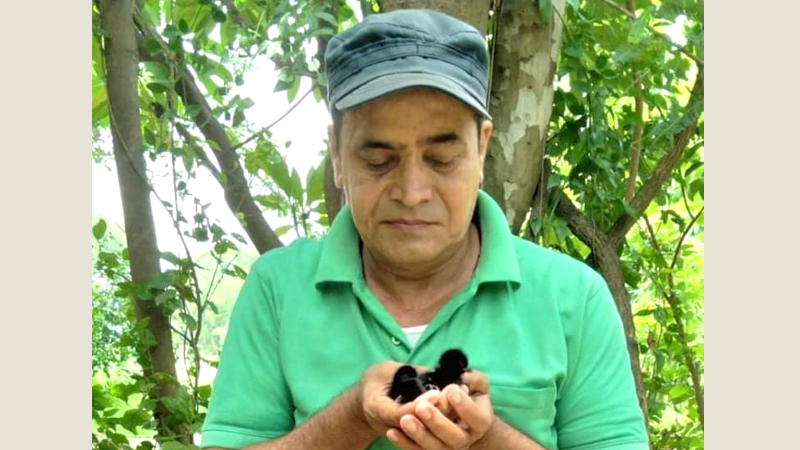
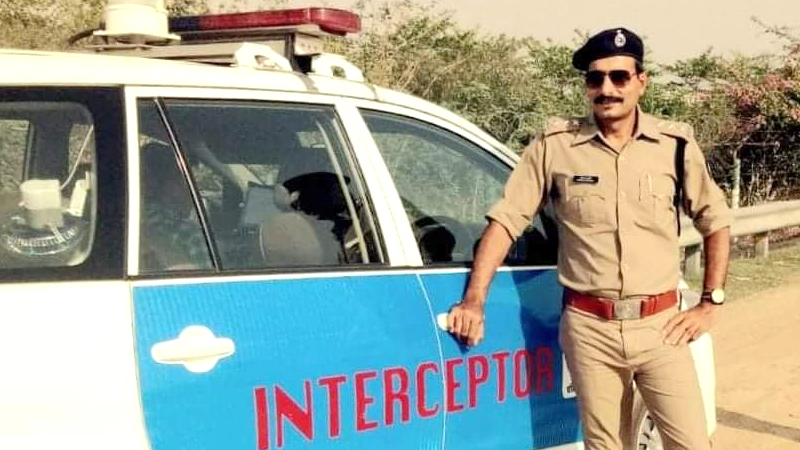
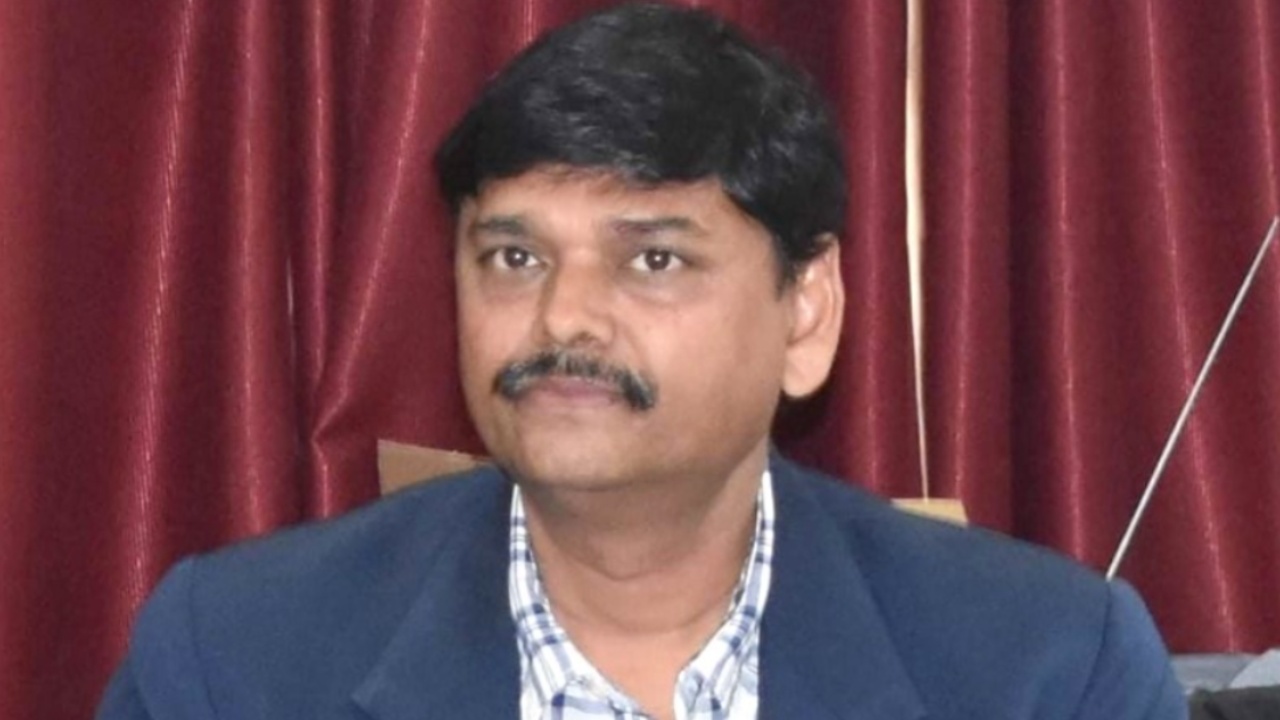

2 Comments
Greetings! This is my 1st comment here so I just wanted to give a quick shout out and say I really enjoy reading through your posts. Can you recommend any other blogs/websites/forums that go over the same subjects? Thanks a ton!
You have observed very interesting details! ps nice site.